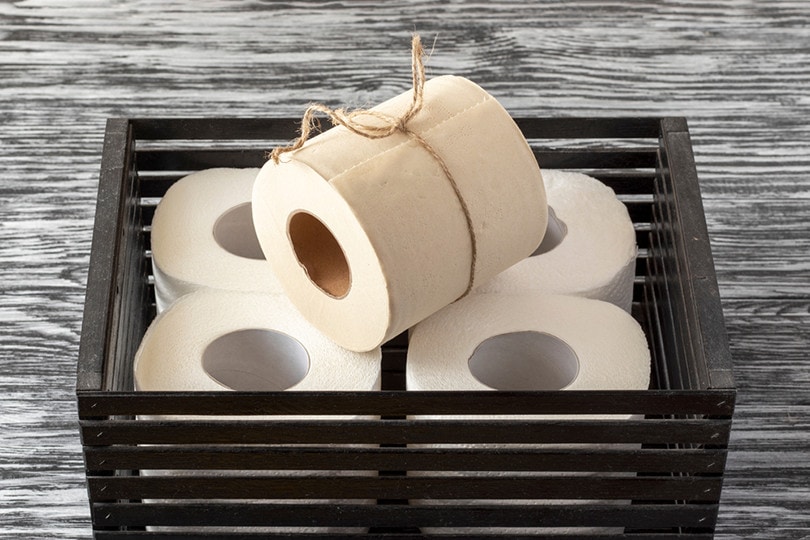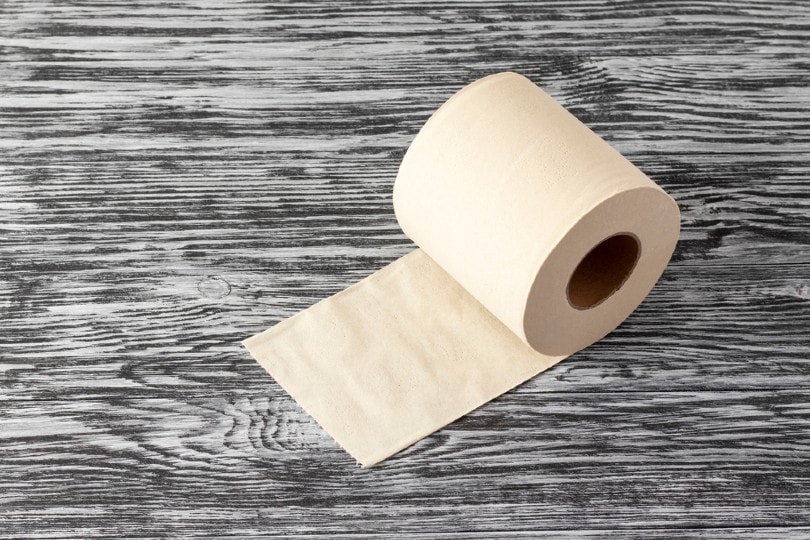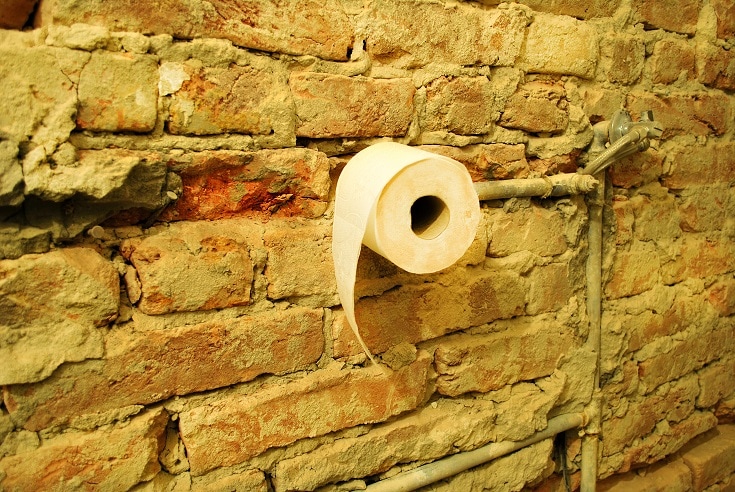Is Bamboo Toilet Paper Septic Safe? Benefits, Facts & FAQs
-

- Last updated:

Septic systems can be sensitive when it comes to what we can throw down them and what will degrade properly. If you try putting anything too thick down the toilet and it doesn’t dissolve properly in the septic system, it can cause blockages and lead to bad smells, potentially unsanitary conditions, and a need to clear out the septic tank.
As such, many septic owners worry about the type of toilet paper they use and whether it will have an adverse effect on their homes. Bamboo toilet paper, which is becoming increasingly popular and more readily available, is made from natural bamboo and is 100% biodegradable. It will break down in septic systems just as well as traditional toilet paper, making it a viable option for virtually any home.
What Is Bamboo Toilet Paper?
Bamboo toilet paper is made from bamboo. The tissue is strong yet soft enough for personal use, and it does break down in water. It is becoming increasingly popular because of its potential environmental benefits, but it still needs to do the job of a good toilet paper.

The Benefits of Bamboo Toilet Paper
There are a surprising number of benefits to bamboo toilet paper, including:
- Prevent The Destruction of Trees: Nearly 27,000 trees a day, or nearly 10 million trees a year, are cut down just to make toilet paper. Trees are not only used to make paper and pulp, but they are also an essential part of the environment, removing carbon dioxide, and producing fresh oxygen.
- Bamboo Grows Quickly: Bamboo is not a tree. It is actually a type of grass. In fact, it is a very fast-growing grass that can grow as much as 3 feet in a single day. This growth rate makes bamboo a highly-sustainable source of paper and fiber that can not only be used in the production of toilet paper but for many other purposes as well.
- Fewer Chemicals: Traditional toilet paper uses a host of chemicals and other additives. Chlorine is added, as well as fragrances and dyes. Bamboo does not require these same chemicals, which is not only beneficial to the people using it but can be beneficial to septic systems and sewers alike.
- Bamboo Consumes Less Water: Trees can take years, or even decades, to grow, and they need water throughout this growth period. Bamboo uses approximately 30% less water than hardwood trees and grows in a fraction of the time.
- Biodegradable Bamboo: Some of the traditional toilet paper that goes into the septic system or sewers will naturally break down and biodegrade. While it might be recyclable, it takes a lot of water, power, and other resources to recycle it. Bamboo is biodegradable, so it is safe for septic tanks and will naturally break down over time.
Does Bamboo Toilet Paper Dissolve?
Not only does bamboo toilet paper dissolve, but it does so more quickly and efficiently than traditional and recycled toilet paper.

Is Bamboo Toilet Paper More Eco-Friendly?
There are many ways in which bamboo toilet paper is considered more eco-friendly than traditional or recycled toilet paper. Bamboo grows more quickly and uses less water than trees, so it is more sustainable. The manufacturing processes produce fewer greenhouse gases, and the paper completely biodegrades, which means that it doesn’t take the same power and water to recycle as traditional paper tissue does.
Conclusion
Bamboo toilet paper is considered more environmentally friendly than traditional and even recycled toilet paper, and, despite some understandable concerns regarding whether it breaks down enough for use in septic tanks, it is considered a safe and viable tissue for use in septic systems.
Featured Image Credit: Serhii Ivashchuk, Shutterstock
Contents

